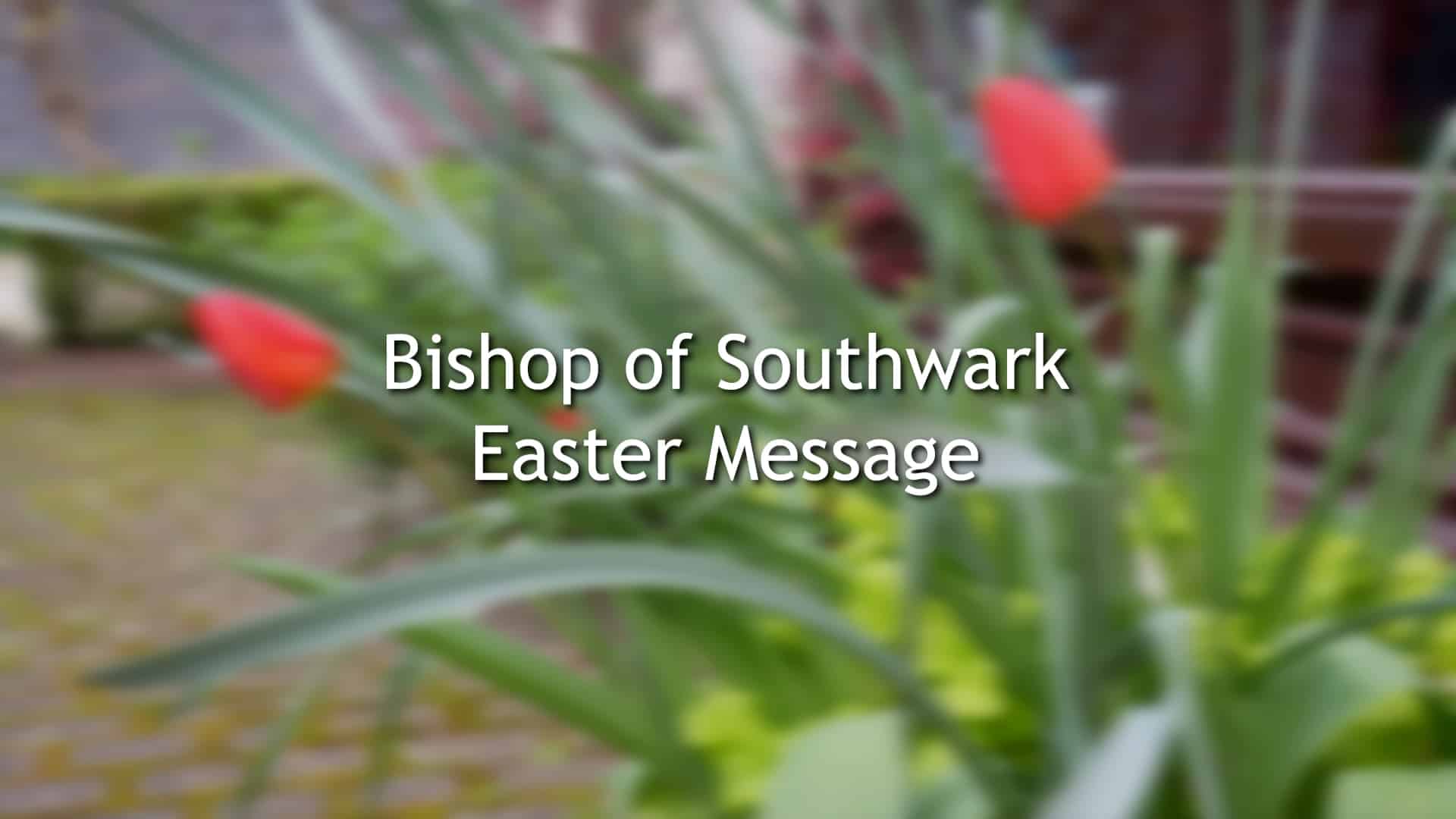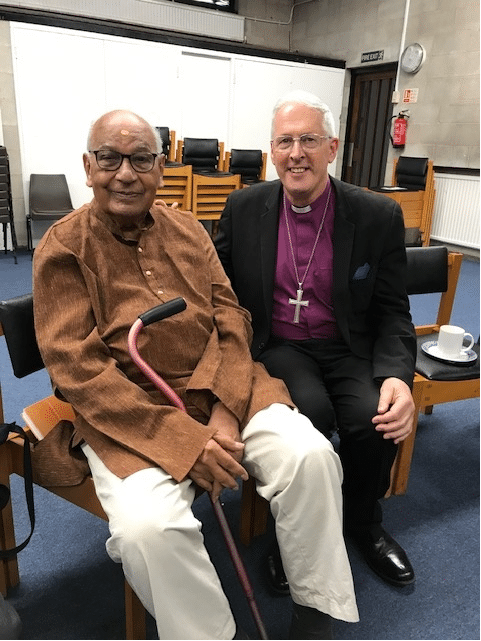“For those that have eyes to see, for those who have ears to listen, and for those who have a heart to feel. 1.5 degrees is what we need to survive. 2 degrees is a death sentence to the people of Antigua and Barbuda, for the people of the Maldives, for the people of Dominica and Fiji, for the people of Kenya and Mozambique, and yes for the people of Samoa and Barbados. We do not want that dreaded death sentence and we have come here today to say “try harder, try harder.” Because our people, the climate army, the world, the planet needs our actions now. Not next year, not in the next decade.”
These were the powerful words of Mia Mottley, Prime minister of Barbados, at the opening ceremony of COP26 in Glasgow. Her speech, and those of many other leaders of at risk countries were a cry for more action, faster. They were there to get their peoples’ voices heard.
The UN climate conferences (COPs) are necessarily noisy affairs. Over one hundred and sixty nations, hundreds of businesses and charities and thousands of activists all trying to get their message across in the negotiating chambers and in the press. It is not surprising then that even in a normal COP voices are lost in the noise. COP26 in Glasgow, due to its timing in a pandemic, lost even more voices than usual. Voices from the poorest communities from around the world, with no access to vaccines, were unable to attend in person.
It was for this reason that a coalition of missionary organisations, partnered with Christian development charities and Justice and Peace Scotland, organised a 24 hour prayer vigil, which was livestreamed in communities around the world. I took part in running this livestream from Glasgow. In a team of three: one praying, one sharing global stories and one running the tech, we shared voices from around the world who were unable to attend the COP in person. We shared the words of a woman in the Philippines who had lost her entire family in typhoon Haiyan, which killed thousands of people and caused nearly three billion dollars worth of damage. We saw the effects of years of drought on Maasai villages in East Africa, which has increasing inter community violence as resources dwindle. We also heard of Peruvian communities being affected by dry weather and pollution from lithium mining which provides materials for our electric cars.
Lest I give the impression that the effects of climate change are happening far away, we also heard from primary schools in the UK which were flooded in recent years due to unprecedented rainfall. In a foreshadowing of the future we heard from nuns who work with asylum seekers in Birmingham who are already finding people who left their homelands due to the worsening weather conditions. After sharing these stories online and including them in our prayers they were collated and sent to the negotiators of the major developed nations.
This was my own small attempt to bear witness to those who were not heard at COP. One challenging voice that was present was Rev. James Bhagwan, president of the Pacific Conference of Churches, who finished a side event with the reminder that we will one day have to answer to God the question of “What did you do?”. If we do not act then surely we will be responding as Cain “Am I my brother’s keeper?”.
On my final day in Glasgow I was able to have lunch with the advocacy director of one of the Christian development charities who had been a part of the negotiations. His summary seems fitting for the end result of the cop. “Not awful, but not as good as it could have been”. This has left many issues kicked further down the road, and if governments and businesses keep to their promises we should hit around 2.4 degrees warming above pre-industrial levels (1850AD). Far past the death sentence for so many. So what can we do?
It is our responsibility to care for our brothers and sister around the world. For the most part they do not emit anywhere near as much greenhouse gasses as we do in the UK. So first we must assess our own emissions, the WWF have a useful calculator for that here. Second, we must hold our political representatives to account. Organise a meeting with your MP, do it as a group from you church for example. They work for us and must be told that we care about issues, or they won’t fight for them on our behalf. Third, we must strive as community to live a better, holier life. This can be done in many ways, one example is the A Rocha Eco Church scheme which involves practical steps to reduce emissions, but also ways to involve care for creation in prayers and lifestyle changes. At Southwark Diocese we run a monthly Eco Church Surgery on zoom, a drop in session to share experiences, difficulties and ask questions about the Eco Church scheme with others going through it, details are on the Diocesan events page.
I will finish by adding the full speech that Mia Mottley gave. She is a powerful speaker and represents her people well. I hope that when my time comes I will be able to reply to my God that I was my brother’s keeper.






